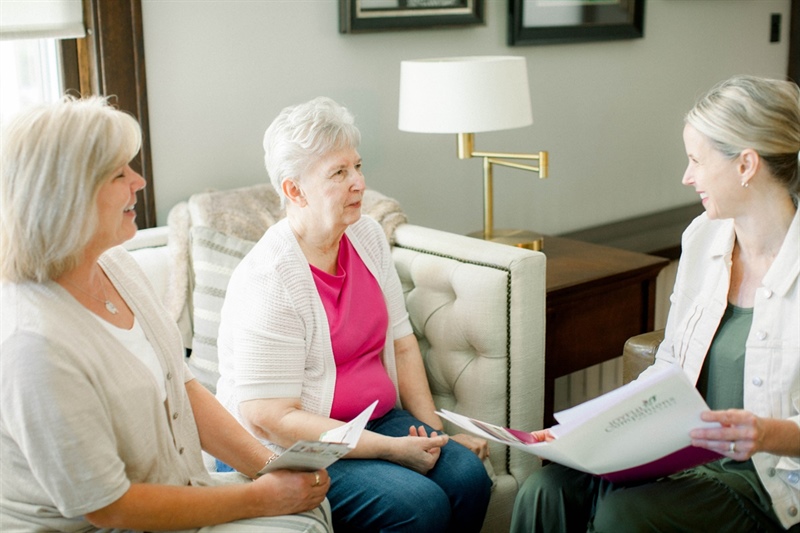The Difference Between Non-Medical Home Care & Home Healthcare

You’ve probably heard the terms home healthcare and non-medical home care before, but you may not know the difference between the two.
Both involve a professional coming to your loved one’s home and helping to provide supportive services to help you remain independent. However, there are distinct differences between the two types of care.
At Joyful Companions, we provide non-medical caregiving services to families in the Twin Cities area. Our caring professionals partner with local families looking for respite care, memory care, and companionship for older adults.
Let us educate you on the difference between non-medical home care and home healthcare and how each can benefit your loved one.
Home Healthcare
Home healthcare, also known as skilled home care, is usually medically necessary and can be prescribed by a doctor. This type of care allows patients to receive medical care in their own homes.
For example, an 80-year-old coming home after hip surgery may require a home healthcare professional to recover. Home healthcare professionals, such as nurses or similar healthcare providers, are medically trained and can assist with carrying out doctor’s orders.
Home healthcare professionals can perform medical tasks such as injections, wound dressing, IV infusions, skilled nursing care, health monitoring, and medication administration. This type of care is important for individuals who require specific medical care while homebound.
So, the main purpose of home healthcare professionals is to help individuals heal by providing any necessary medical services one would receive in a hospital setting – without the stress and strain of hospital stays.
Non-Medical Home Care
Non-medical home care, on the other hand, is performed by professional caregivers. These professionals are experienced in helping individuals foster independence when they need additional help around the house or companionship to avoid loneliness.
Non-medical home care can also help individuals with cognitive impairments who cannot perform tasks independently like grocery shopping, cooking, or cleaning. Professional caregivers can also drive individuals to appointments, go for walks in a park, have a conversation, or just spend time with them.
While they cannot perform medical tasks, non-medical caregivers can be essential to your loved one’s care team. They make it easier for the family to take a break from their regular caregiving responsibilities and help maintain communication between the individual and the family.
Overlapping Services
Some families may overlap these two services to provide more comprehensive care for their loved ones.
For instance, an individual who recently had surgery will need both medical and non-medical home care. The home healthcare professional will assist with medications, personal care, injections, or wound care, while the professional caregiver can help with meals, cleaning, or other household tasks like laundry and transportation.
The benefit of overlapping these services is that your loved one will have someone with them to help them recover and reduce stress. You can even engage a social worker for elderly care resources to help maintain open communication between all parties involved.
Joyful Companions: Professional Caregivers in the Twin Cities
Looking for non-medical home care to supplement your loved one’s regular healthcare? Joyful Companions is a compassionate, faith-based companion care company in the Twin Cities.
Our professionals are matched with individuals based on personality and interests to help the individual feel more comfortable with a caregiver in their home. We can provide weekly, daily, and 24/7 round-the-clock care and support,
Give us a call today at 763-544-0401 or request a free in-home consultation.